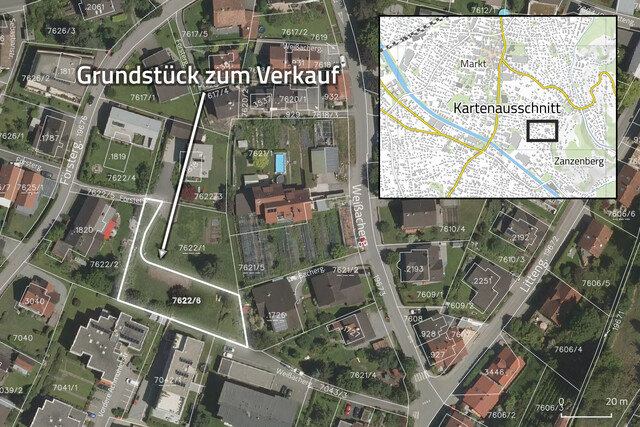Omnipresent Microplastics: EU Wants to Hold Companies More Accountable
Companies in the EU will therefore be required to present plans on how they will ensure that plastic granulate from their production does not enter nature. In maritime transport, the EU wants to make particularly dense transport packaging mandatory to reduce losses. The EU aims to ensure that by 2030, around 30 percent less microplastic per year enters the environment.
Global Recycling Rate Below Ten Percent
Globally, more than ten billion tons of plastic have accumulated, according to scientific assessments. According to figures from the UN Environment Agency UNEP, around 460 million tons are added annually. On average, this means: Every hour, an amount of plastic equivalent to the weight of the Titanic is produced worldwide.
French researcher Jeroen Sonke assumes that less than a third of the plastic produced since 1950 is still in use. The rest lies as waste in landfills, floats in the sea, and disperses in tiny particles in nature. This is also because the waste is hardly recycled: Less than ten percent of the plastic worldwide ends up in recycling facilities.
Microplastics Everywhere
Researchers have now detected microplastics on the most remote mountain peaks and in Antarctica. "The smallest particles spread through the atmosphere, which explains their arrival in polar regions," explains researcher Sonke. Through food and inhaled air, the particles also enter the human body. In recent years, microplastics have been found in the brain, lungs, heart, liver, kidneys, placenta, and blood. The potential health impacts are still unclear. However, scientists warn that measures against possible health risks should already be taken.
In the sea, most tiny particles originate from larger waste items like plastic bags. They are abraded between the waves, and UV rays or bacteria release small particles. On land, plastic granulate from industry and particles from makeup and other cosmetic products are the main sources of microplastic pollution.
Failed UN Agreement
On the international stage, negotiations on rules for less plastic waste have failed. At a conference in August in Geneva, two camps faced each other irreconcilably: On one side, primarily oil-producing countries like Saudi Arabia, Kuwait, and Russia, and on the other side, representatives from the EU or Latin America, along with environmentalists.
(APA/Red.)
This article has been automatically translated, read the original article here.
Du hast einen Hinweis für uns? Oder einen Insider-Tipp, was bei dir in der Gegend gerade passiert? Dann melde dich bei uns, damit wir darüber berichten können.
Wir gehen allen Hinweisen nach, die wir erhalten. Und damit wir schon einen Vorgeschmack und einen guten Überblick bekommen, freuen wir uns über Fotos, Videos oder Texte. Einfach das Formular unten ausfüllen und schon landet dein Tipp bei uns in der Redaktion.
Alternativ kannst du uns direkt über WhatsApp kontaktieren: Zum WhatsApp Chat
Herzlichen Dank für deine Zusendung.








